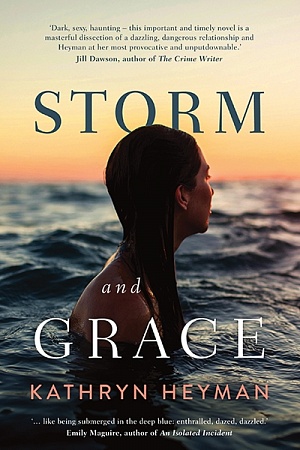Zebra & other Stories
Picador, $29.99 pb, 324 pp, 9781760781699
Zebra & other Stories by Debra Adelaide
As the United States tears itself to pieces over a proposed wall, which has in recent months transmogrified into a steel fence, here in Australia we have no right to be smug or to rubberneck. After all, Australia loves its fences. Since it was first occupied as a penal colony, this land has been bisected by a seemingly endless series of enclosures, barricades, frontiers, and fences, including some of the longest in the world: the rabbit-proof fence in Western Australia; and the dingo fence in the Eastern states. Fences, both physical and symbolic, have long been used by our leaders to banish undesirables or to constrain their movement within acceptable boundaries. Various Australian governments have forcibly removed Indigenous Australians to reserves and missions, interned so-called ‘enemy aliens’ within camps during wartime, and detained those fleeing danger or tyranny abroad within remote and offshore prisons.
Debra Adelaide’s masterful new story collection, Zebra, draws upon this history of fences to examine what it means, in Australia in 2019, to be a good neighbour. Zebra is full of fences, backyards, and divided spaces, and full of people making choices about the extent of their kindness and compassion for those on the other side. The first story, ‘Dismembering’, is narrated by a woman who dreams of a body that she and her ex-husband may or may not have buried next to her back fence. In the story ‘Welcome to Country’, the fence is much bigger: armed conflict has made the Northern Territory an ‘autonomous state now just called Country’, surrounded by a massive wire fence. Adelaide is explicit about some of the history this fence is drawn from: ‘There had been dingo fences and rabbit-proof fences before – now we had the ultimate fence.’ The story is narrated by a man who travels across the continent to perform an act of kindness in honour of someone that he has lost.
Continue reading for only $10 per month. Subscribe and gain full access to Australian Book Review. Already a subscriber? Sign in. If you need assistance, feel free to contact us.











Leave a comment
If you are an ABR subscriber, you will need to sign in to post a comment.
If you have forgotten your sign in details, or if you receive an error message when trying to submit your comment, please email your comment (and the name of the article to which it relates) to ABR Comments. We will review your comment and, subject to approval, we will post it under your name.
Please note that all comments must be approved by ABR and comply with our Terms & Conditions.